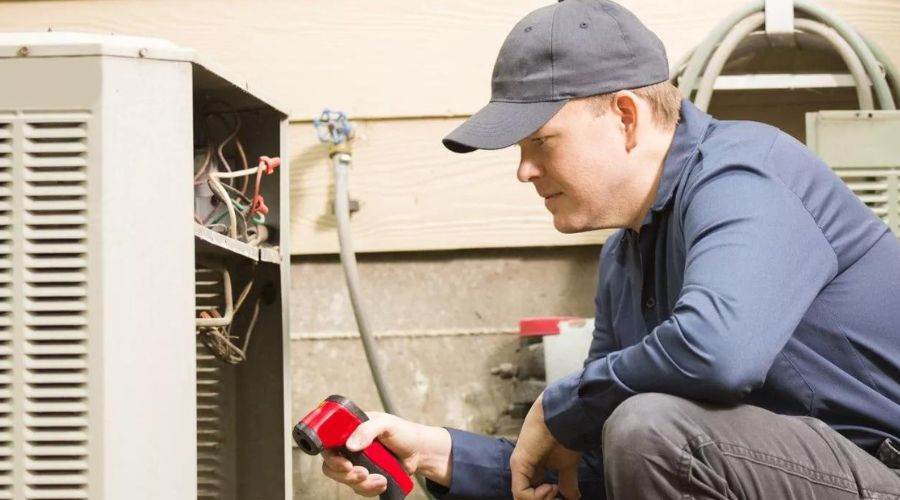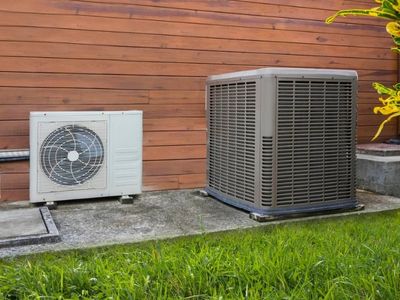What the Inflation Reduction Act Means for Homeowners
If homeowners are looking for a way to reduce costs while also boosting their home’s value, then the Inflation Reduction Act may be precisely what they need. The new legislation encourages homeowners to make energy-efficient upgrades by providing tax deductions and other incentives that offset some initial costs associated with these improvements. By taking advantage of these opportunities, buyers can save money on their utility bills over time, increase the resale value of their homes, and reduce their overall impact on the environment. Keep reading to learn more about how the Inflation Reduction Act incentivizes energy-efficient upgrades!
About the Inflation Reduction Act 
The Inflation Reduction Act is a federal law to help reduce inflation in the United States. The act offers tax credits and rebates on new energy-efficient air conditioners, heaters, and heat pumps. These incentive programs are designed to encourage consumers to purchase more energy-efficient heating and cooling equipment, which can reduce monthly energy bills and help the environment. The amount of credits or rebates available is based on the efficiency rating of the equipment purchased. This law:
- Intends to make home improvements more affordable for low- and middle-income households
- Offsets the cost of new appliances and various in-home improvements
- Aims to reduce homeowner’s overall carbon footprint
By investing in energy-saving appliances, homeowners can save money and make their homes more comfortable.
How to Qualify for the Inflation Reduction Act’s Incentives?
For those looking to take advantage of the incentives, it is essential to note that for an HVAC system or heat pump to qualify, it must meet specific energy efficiency requirements. These requirements vary based on the type of HVAC system or heat pump that is being installed. For example, an air-source heat pump must have a seasonal energy efficiency ratio (SEER) rating of at least 14.5 and an energy efficiency ratio (EER) of at least 12.5.
It is also important to note that these requirements only apply to installations starting in 2023, as the tax credits and rebates associated with this act are not retroactive. Therefore, anyone looking to take advantage of these tax credits and rebates should ensure they meet the appropriate efficiency requirements before purchasing or beginning any installation process.
With the significant extension and expansion of the Energy-Efficient Home Improvement Credit (25C), qualified households can deduct up to 30% of the costs for buying and installing a qualified heat pump, with a maximum deduction of $2,000 annually by achieving the recommended efficiency ratings. Additionally, they may be eligible to receive additional rebates or incentives from their state or local government. Therefore, it is important that households do their research and understand the efficiency requirements associated with their HVAC system and heat pumps so they can take full advantage of the incentives.
Benefits of Investing in a New HVAC System or Heat Pump

In addition to the potential financial savings, homeowners will enjoy improved air quality in their homes with an upgraded system. A modern HVAC unit can help reduce allergens and pollutants like dust, pollen, and pet dander swirling around a house. Homeowners will also experience better air circulation and temperature control, making it easier to keep the home comfortable all year round. Investing in a new HVAC system or heat pump can help save money while enjoying improved air quality and comfort.
About Stonebridge Heating & Air Conditioning
Stonebridge Heating & Air Conditioning has over 20 years of expertise serving Tyler, TX, and the surrounding areas. They provide straightforward pricing, 24-hour service, and the latest technology. Call them today for AC, heater, or heat pump installations in Tyler, TX.
[press_release_images][/press_release_images]
[press_release_distributions id=”175989″][/press_release_distributions]




